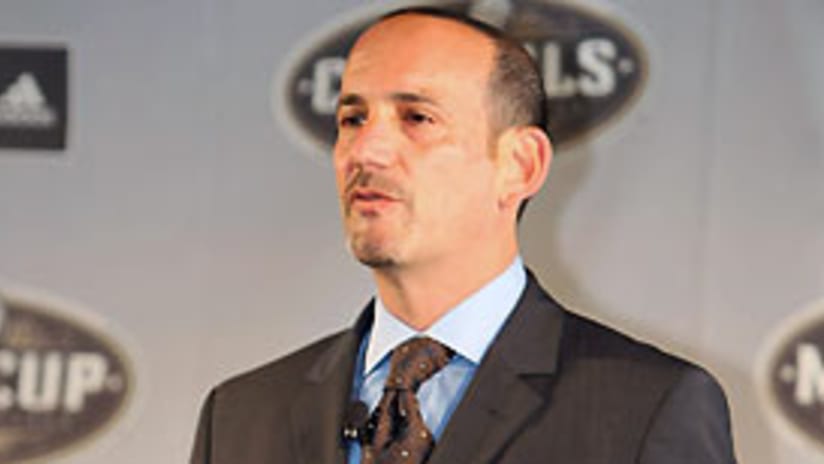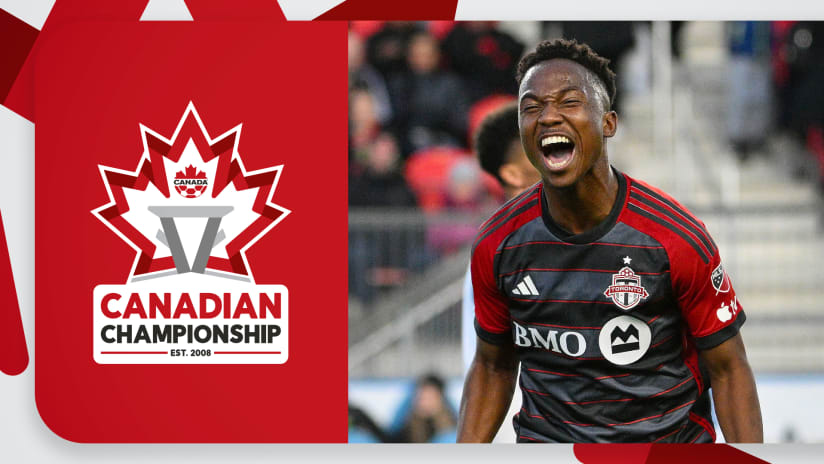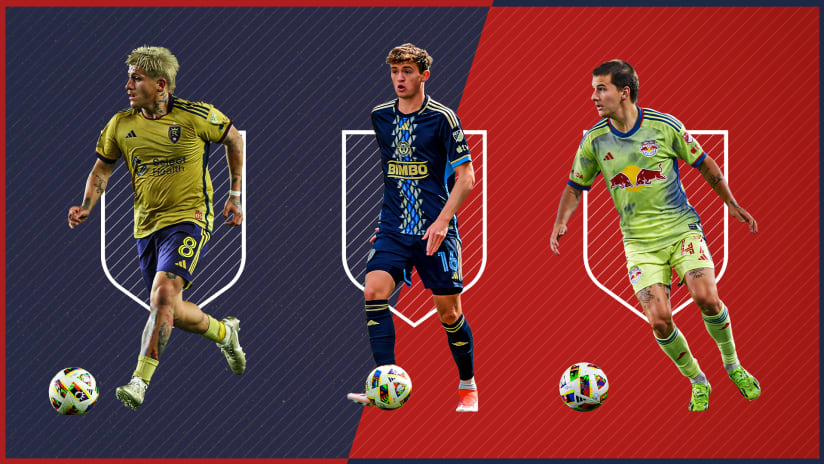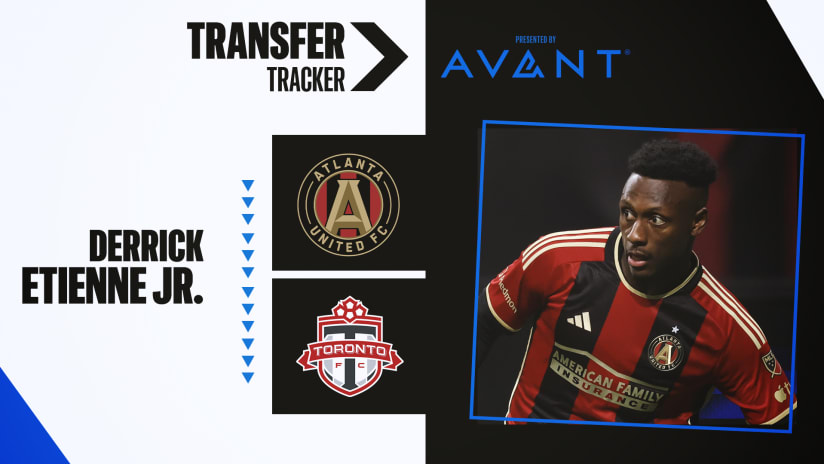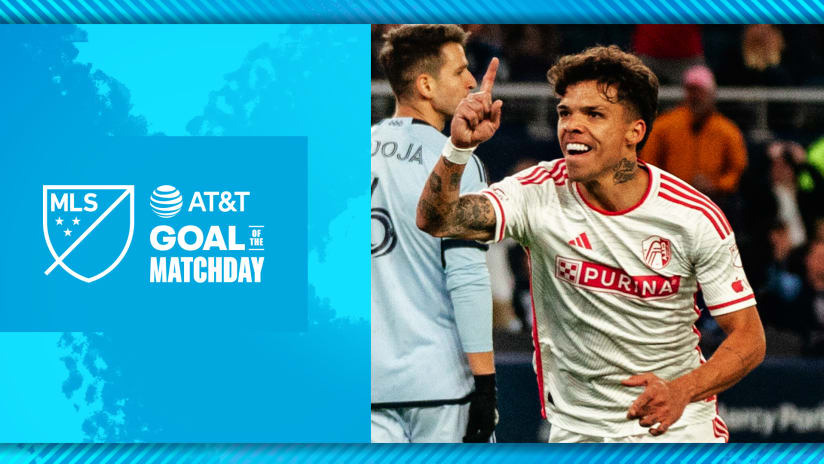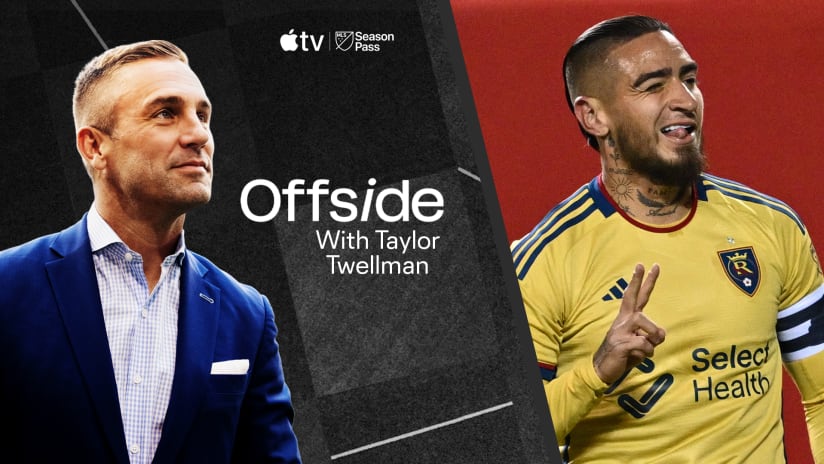Major League Soccer will play a 30-game schedule in 2007, Commissioner Don Garber announced during his annual State of the League address Friday at Pizza Hut Park.
The addition of Toronto FC as the league's 13th team necessitated a change in the way the season is formatted, and with MLS players set to take part in the CONCACAF Gold Cup, Copa America and the soon-to-be-announced Mexico-United States club tournament, a reduction in the number of games played was deemed the right way to go.
The changes in the conference structure and the league calendar are pending approval by the MLS Board of Governors, who are meeting in Frisco on Friday afternoon and Saturday morning.
Commissioner Garber scuttled recent speculation in the media about the possibility that MLS would use a single table or that the league would play a split season next year, saying Toronto will join the Eastern Conference, bringing it to seven teams while the Western Conference remains at six.
"The break seems logical but makes it the hardest because now you have less time; the only thing you can really do is reduce the number of games," Garber said. "Going from 32 to 30, we think, is not something we want to do long term. We need more games, we don't need fewer games.
"We continue to believe that a conference format with a full slate of games from April through November will best serve the league and our fans and our players."
Each of the leagues 13 clubs will play every other team twice (home and away) for a total of 24 games. The remaining six games will be played between teams from the same conference (three home and three away).
In the Western Conference, one extra intra-conference game -- compared to the East -- will be played, with preference given to rivalries. The Los Angeles Galaxy and Chivas USA will play each other four times, as will Real Salt Lake and the Colorado Rapids and FC Dallas and Houston Dynamo.
The league will also tinker with the way teams qualify for the MLS Cup Playoffs. The top two teams in each conference will make the playoffs; of the remaining nine teams, the four with the most points, regardless of conference, will also qualify. The potential imbalance - five East teams and three West teams, for example - means two teams from the same conference could meet in MLS Cup 2007.
The playoff format itself, however, consisting of two-leg aggregate goals series in the first round and one-off games in the latter two, will not change.
"Seeing the excitement of the semifinals and the conference championships in the past couple of weeks was enough to convince all of us that our current playoff format does create excitement, it increases fan following, it certainly leads to higher attendances in those later games, it increases media coverage, and overall we think that's a positive thing," Garber said.
"We think that's necessary to break through what is a very crowded schedule in the fall. Unless we're going to stop playing before Labor Day, which is something we're not going to do, we believe we have no choice but to continue to play through and try to make those games more meaningful."
One way in which regular season games are made more meaningful is via qualification to the Mexico-United States club tournament that will begin next year and be played at midweek throughout the MLS season.
Full details of the tournament will be unveiled on Univision's Republica Deportiva on Sunday, but Garber said qualification to the tournament will be based on league performance.
In addition to improving the number of meaningful games, the league will also seek to improve the play on the field, Garber said. Two initiatives -- one setting up youth development systems for every MLS team and one allowing for more international players to come to the league -- will aid in achieving that goal.
The league announced its youth development initiative prior to Garber's speech. Each MLS team will be required to set up a youth academy separate from the senior team and will be able to add to its academy youth players who live within that team's designated "home territory." After a player has been with an MLS youth team for a year, he may be signed to the senior club without having to enter the MLS SuperDraft. From 2008-2010, each team may sign up to two players from its youth academy.
"This vertically integrated player development system will strengthen our player pool and provide greater levels of on-field competition," Garber said. "We're going to have these young kids nipping at the heels of veteran players and pushing that competition.
"The first step is giving our teams the incentive to invest in these facilities so that ultimately we're building the infrastructure of not just the game professionally, but from a youth perspective, as well."
Garber strongly implied that more international players are on their way to MLS, but didn't comment on what mechanism will be used to bring them in, saying that also will be ironed out in the meeting of the Board of Governors. Garber said an increase in the number of senior roster players a team can sign is unlikely.
"Our fans have said, 'We really want to see the kind of international players we've had in the league in the past,' and that's something we were evolving away from," Garber said. "You've got to listen to your customer, so we're looking at focusing on a re-emphasis on signing new international players. That's going to require spending. That's going to require rethinking what kind of money we put into allocation budgets.
"You will see a change to the look and feel of our rosters in 2007."
As he does periodically, Garber updated the media on potential expansion candidates, listing Atlanta, Cleveland, Milwaukee, Philadelphia, Rochester, San Diego, San Jose, St. Louis and Seattle as new markets the league could move into and New York as the potential home of a second MLS team. The league hopes to expand in 2008 but could wait until 2009 if it is not willing to launch a team without a soccer-specific stadium.
Jason Halpin is a contributor to MLSnet.com. This story was not subject to the approval of Major League Soccer or its clubs.

